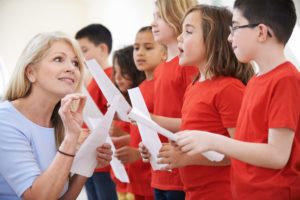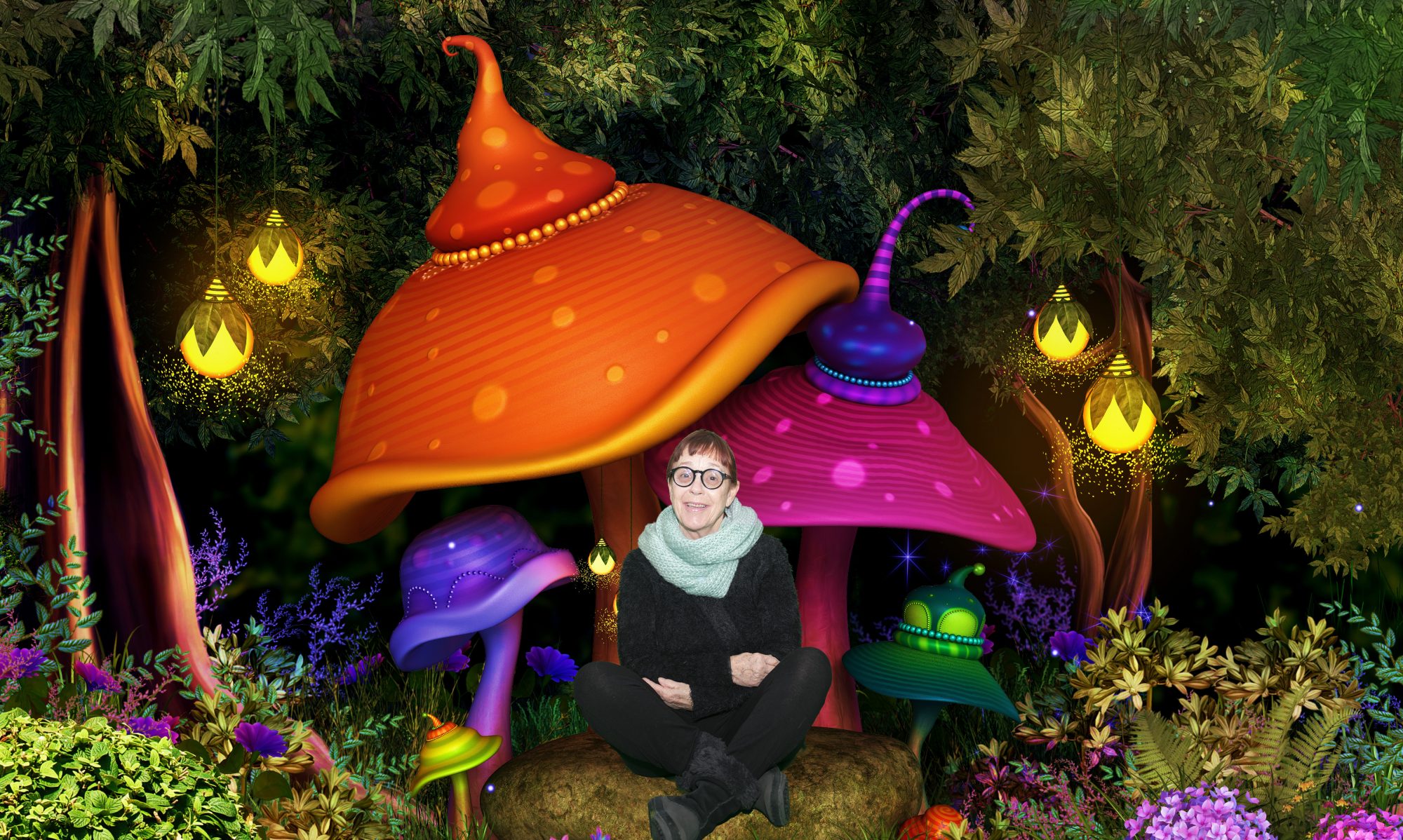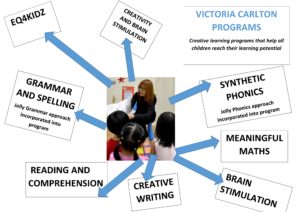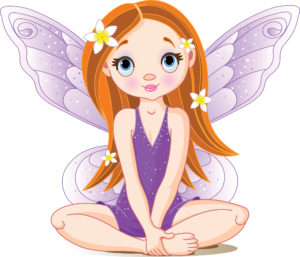 “Music gives a soul to the universe, wings to the mind, flight to the imagination and life to everything.”
“Music gives a soul to the universe, wings to the mind, flight to the imagination and life to everything.”
– Plato
Teaching music to kids is CRUCIAL- not an optional extra!
When learning music students learn to let language flow and improve auditory memories through listening to beats and copying rhythms.
Repetitions when singing charted songs improves word recognition and reading fluency.
Children LOVE to make up simple songs about their daily happenings and this increases their MUSICAL INTELLIGENCE.
They can take favourite books and poems and sing them. (Just like in the popular TV show Spicks and Specks)
.
Music forms a bridge of understanding so children may learn about the world through stories and songs.
Many concepts are learned and deepened when children learn nursery rhymes and common songs.
Children with speech problems such as stutters, improve when given daily music practice.
Many children can remember facts about tables, grammar and spelling rules by singing simple songs written to help them revise these concepts.
The music and maths intelligences have many connections and the sense of order and harmony in music is expressed in the patterns and order of mathematics.
Music is an effective stimulus that affects students’ emotions and makes the memory work more effectively. Think about the memories that flood in when you hear favourite pieces of music.
Elderly people can recall first loves, people with alzheimers can be helped to improve memory with regular music sessions.
Music is a POWERFUL learning tool!
By using music in the curriculum, teachers create an environment that is conducive to learning, stress is reduced, and the stage is set for SUCCESS!
We will be commencing JOLLY MUSIC this term and teaching children to listen, concentrate and respond to simple instructions. They will learn to use their voice as an instrument and auditory memory, phonological awareness and understanding of rhyme will improve.
There is no doubt that maths and literacy skills increase when carefully sequenced and well – researched programs such as JOLLY LEARNING are used with children.
All CHILDREN DESERVE THE CHANCE TO LEARN MUSIC!
Tomorrow we will write about ways parents can effectively integrate music into their home environments to promote harmony, a sense of fun and improved learning outcomes.
Call 92714200 or email iceinfo@iinet.net.au for more information about our programs.



